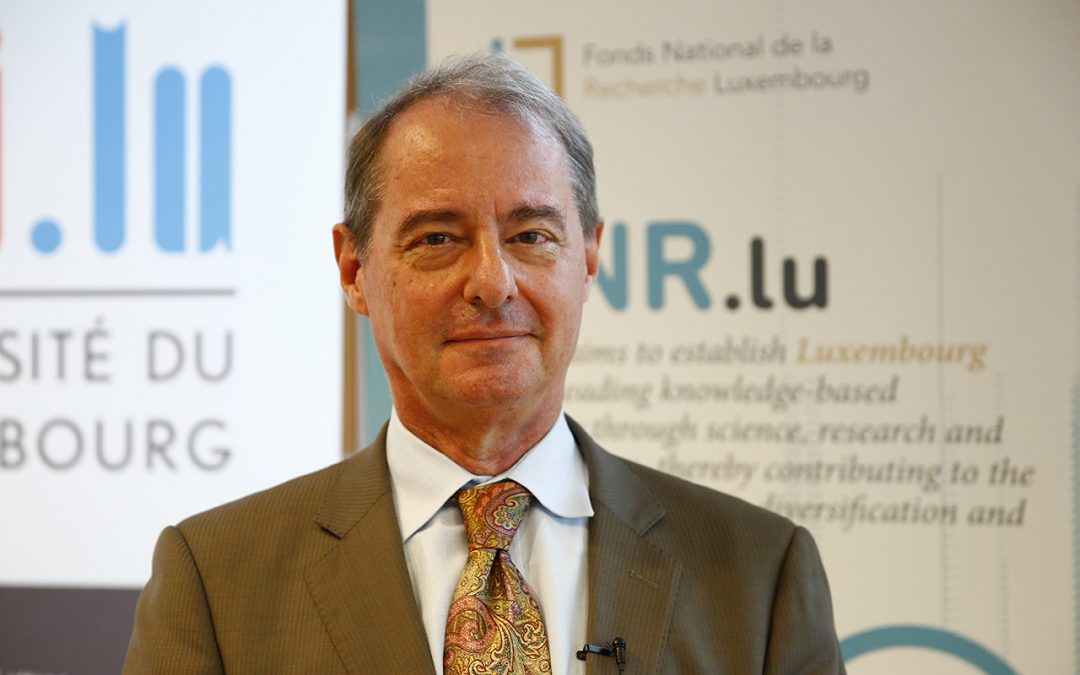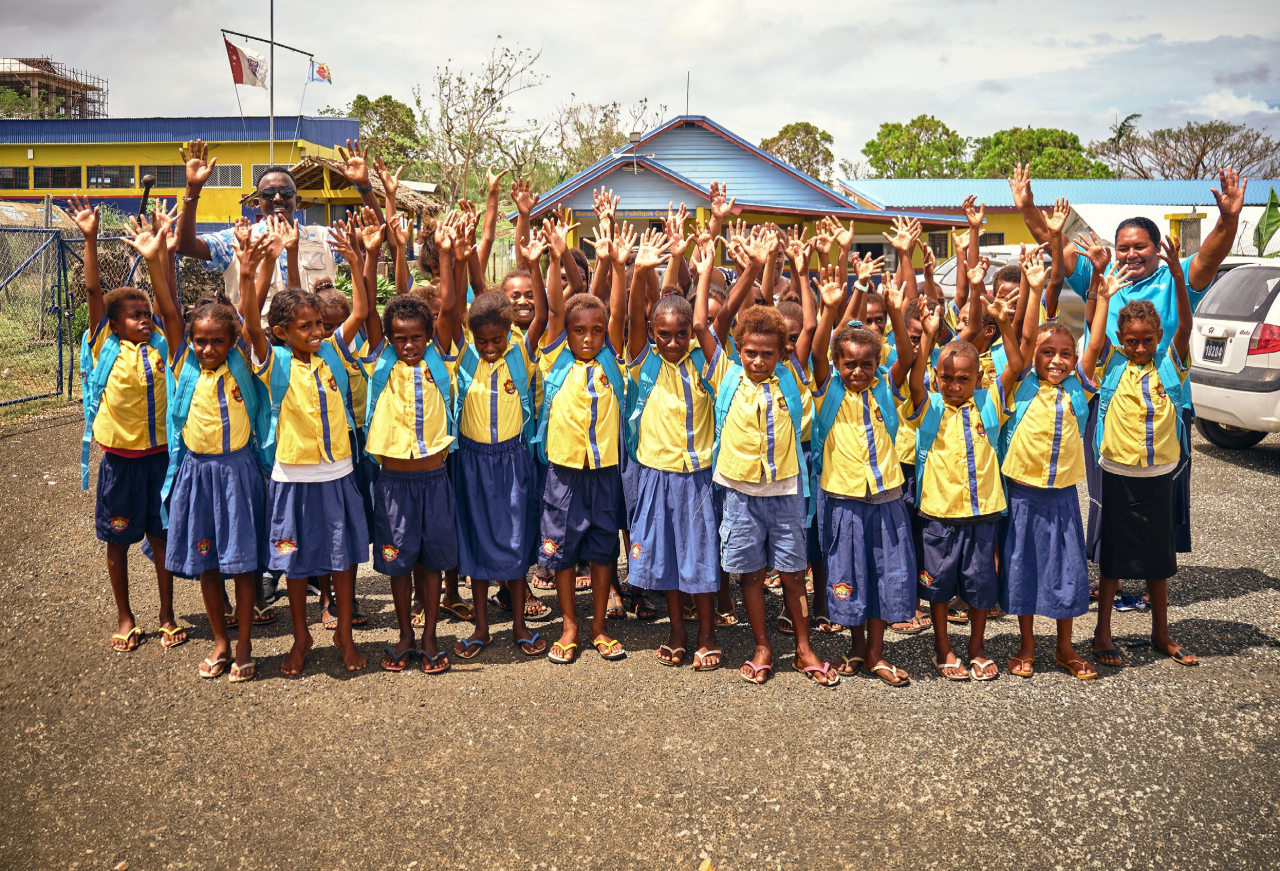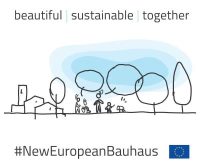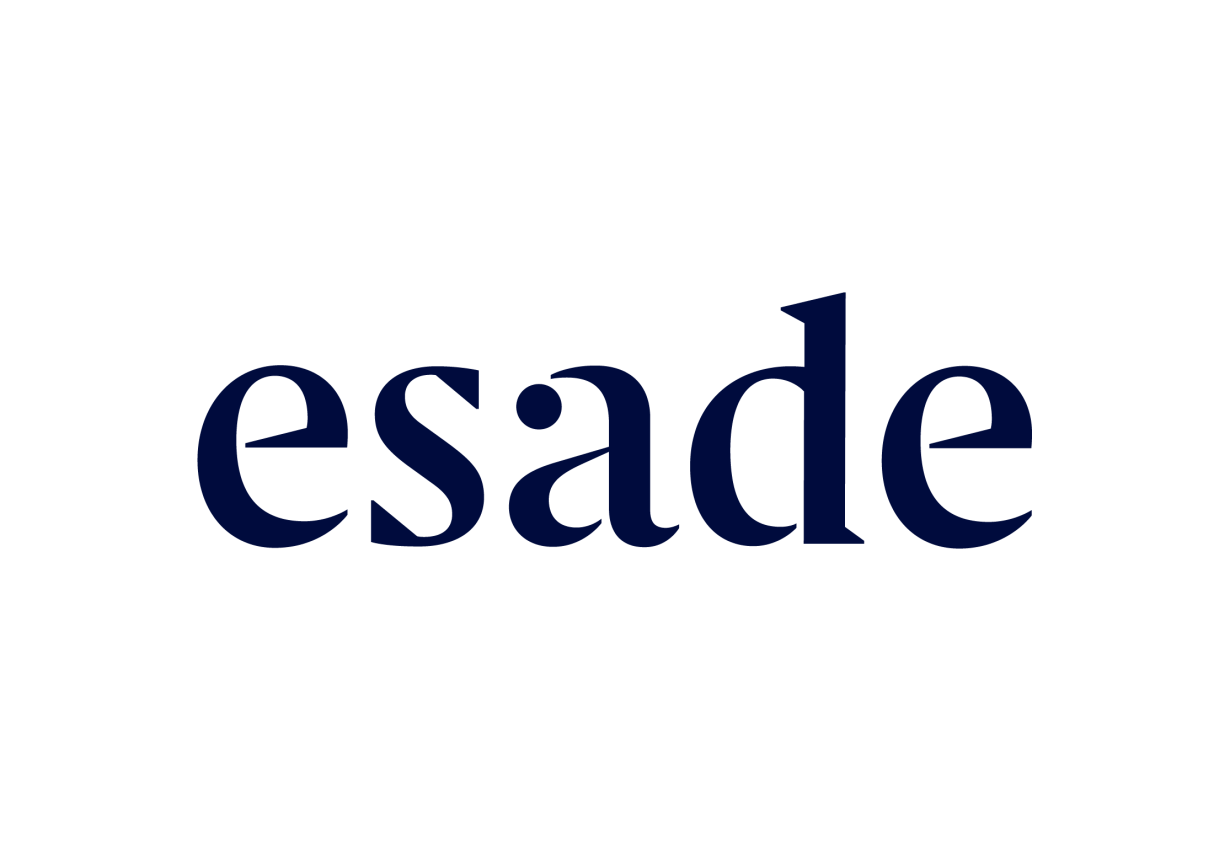Since the 1980s human capital accumulation has been playing an ever more important role in creating a new “inequality spiral”, argued Professor Pierre-André Chiappori of Columbia University at a seminar organised jointly by the EIB Institute, the University of Luxembourg (coordinated by MARS – Multidisciplinary Area of Research on Sustainability, Faculty of Language and Literature, Humanities, Arts and Education) and other partners as part of the “Inequality and…” series.
Human capital, in the sense popularised by Nobel laureate economist Gary Becker from the University of Chicago, refers to the economic value of a worker’s stock of education, experience and abilities. As people are becoming more qualified, this is being reflected in marital and educational patterns, said Professor Chiappori, basing his research on the US example.
An inequality spiral is being created as people with high human capital (university graduates) marry each other and invest a lot more in their children than people with lower human capital, resulting in even more heterogeneity in human capital in the next generation.
This leads to even less intergenerational mobility and more inequality of opportunities, added Professor Chiappori, who stressed the importance of early educational intervention to compensate for these differences.
Click here for the presentation.





